The Real Cost of AI: Governance, Energy, and Ethical Challenges in 2025
94% of organizations now treat AI as mission-critical, but behind Bosch's predictive maintenance and Toyota's smart factories lurk governance headaches and energy bills that could power small towns. We break down the EU AI Act's real operational impacts, why Virginia's data centers face 7-year delays, and how depression detection algorithms fail minority populations. Not theoretical: Real cost tradeoffs from manufacturing floors with actionable frameworks.

Beyond the Hype: AI's Operational Reality Check
94% of healthcare leaders now treat AI as mission-critical... yet Bosch engineers whisper about compliance headaches in their smart factories. Let's cut through the investor decks.
1. The Silent Growth Engine (Healthcare & Manufacturing)
The numbers don't lie: $36B healthcare AI markets by 2025 aren't vanity metrics - they're ER wait times shortening and MRI accuracy spikes. But at Toyota's Tahara plant, AI robotics mean real-time energy tradeoffs...
Global Healthcare AI Forecast (Precedence Research)2. Compliance Tsunami: EU AI Act Decoded
"High-risk systems" isn't bureaucratic fluff - it's Epiroc's mineral scanners now needing explainability audits. Four operational impacts:
- Transparency logs adding 15% dev cycles
- Third-party model validation requirements
- Real-time monitoring overhead
- Documentation chains for liability
3. The Dirty Secret: AI's Energy Hunger Games
Virginia's 7-year data center queue isn't a glitch - it's AI's physics problem. When Bosch predicts bearing failures, it consumes more power than 3 suburban homes...
AI Energy Crisis Analysis (CSO Online)4. Ethical Quicksand: When Algorithms Fail Humans
That 20% accuracy drop in Black depression detection? It's not biased data - it's context blindness. Meanwhile, deepfakes evolve faster than verification tools...
Microsoft Responsible AI Framework5. The Governance Survival Kit
From Toyota's factory floors:
| Risk | Tool | Cost Tradeoff |
|---|---|---|
| Energy Spikes | Granular workload scheduling | 2% latency increase |
| Compliance | Automated audit trails | $8.50/device/month |
Latest Insights and Trends
Stay Updated with Our Insights
Subscribe to receive the latest blog updates and cybersecurity tips directly to your inbox.






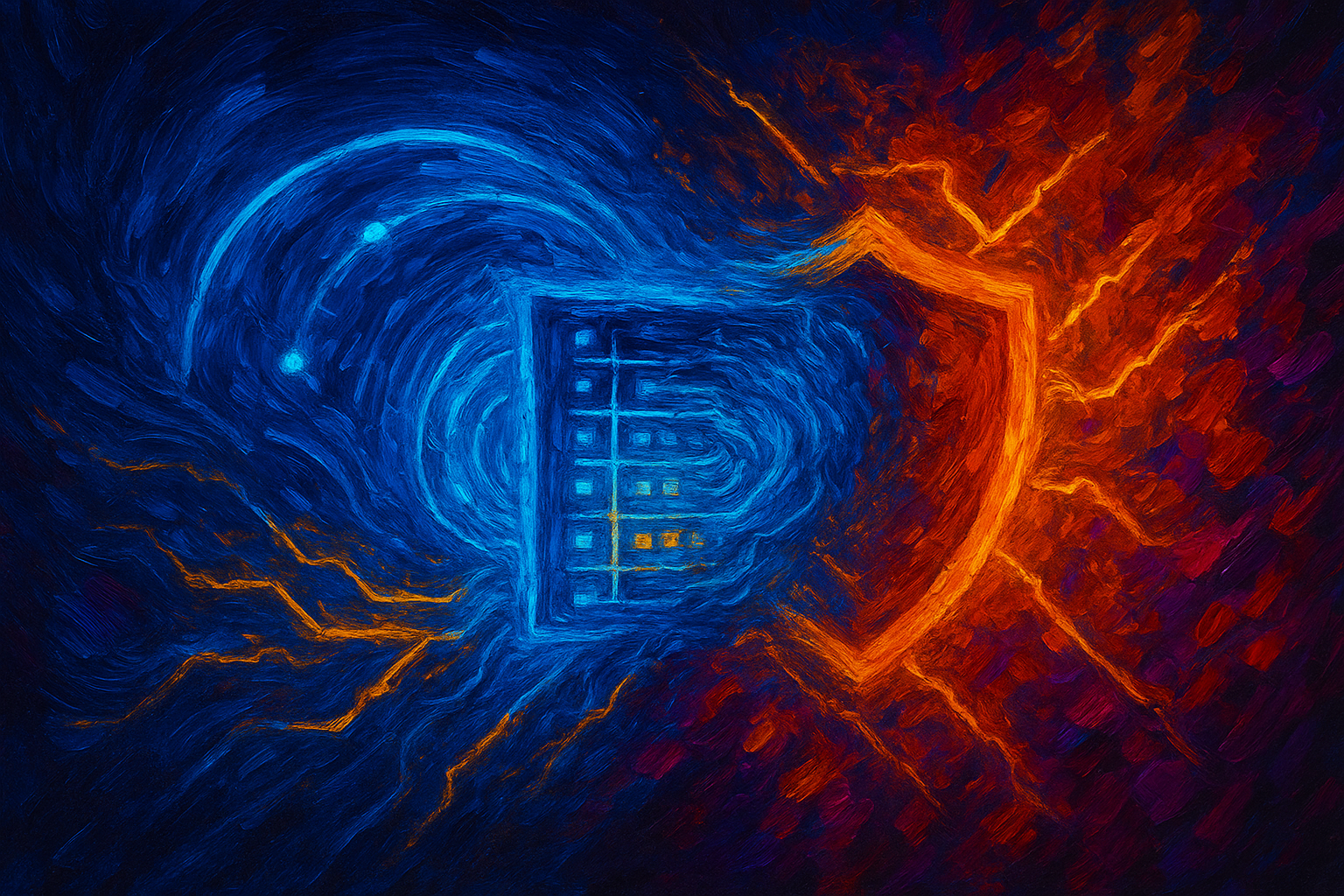











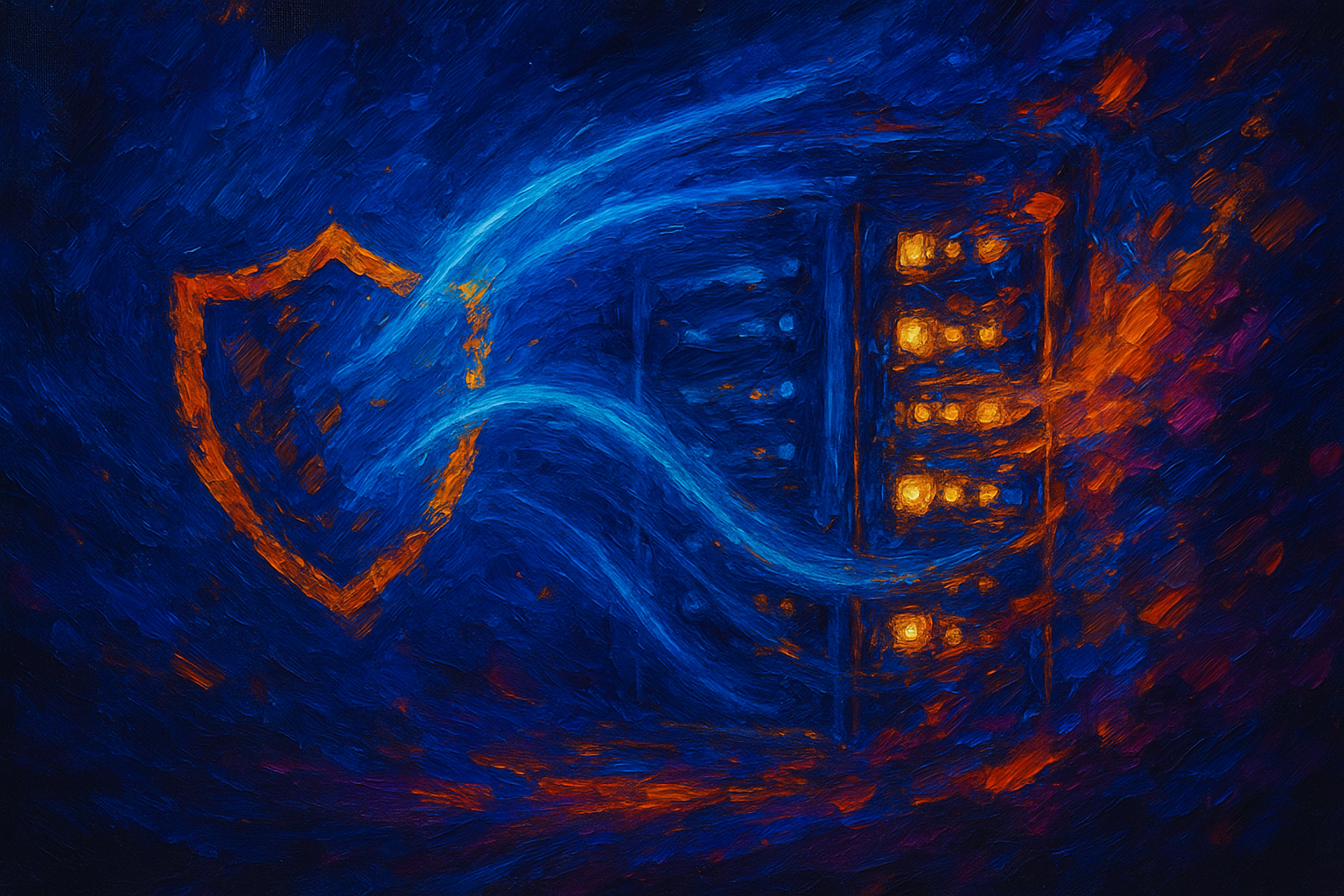





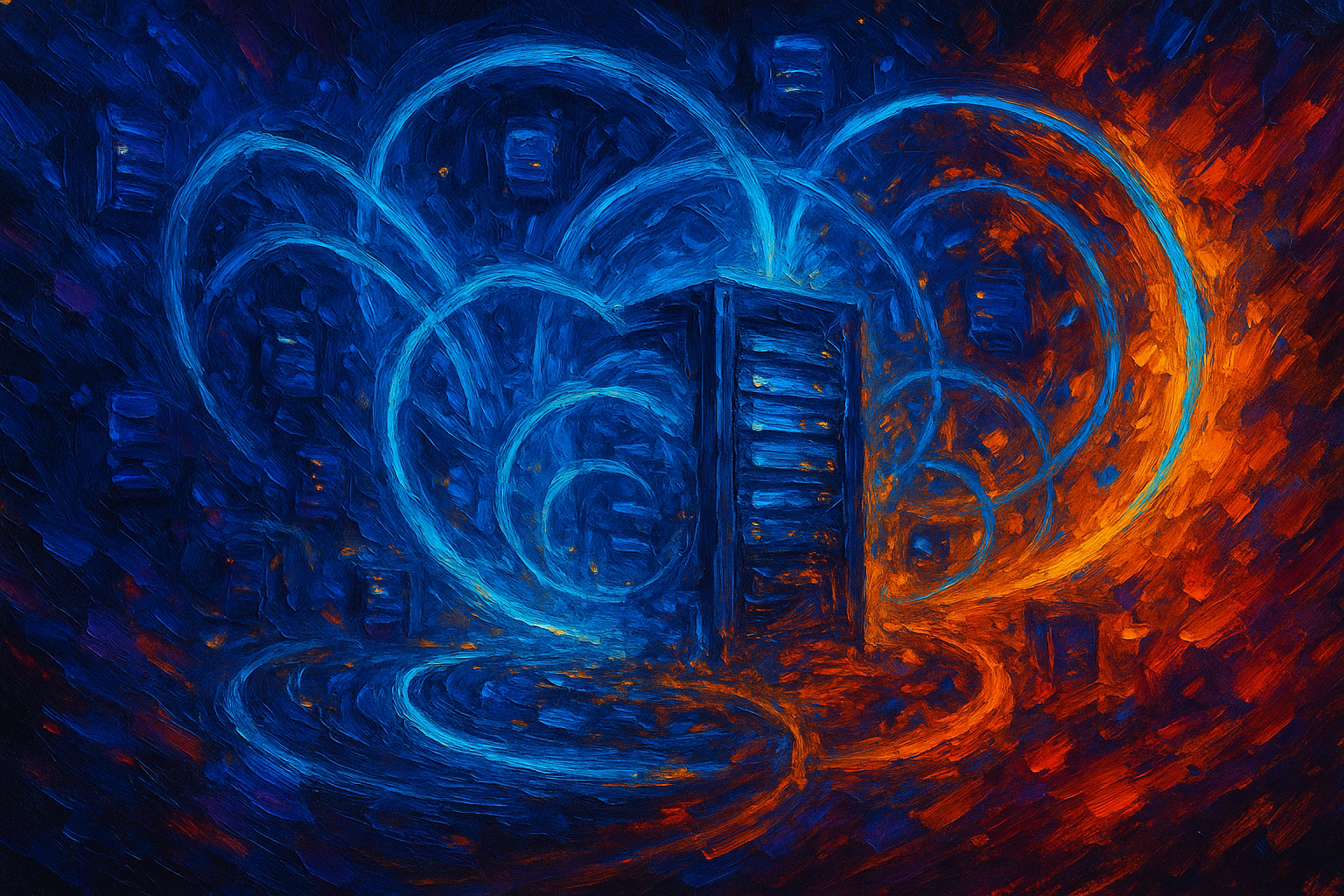
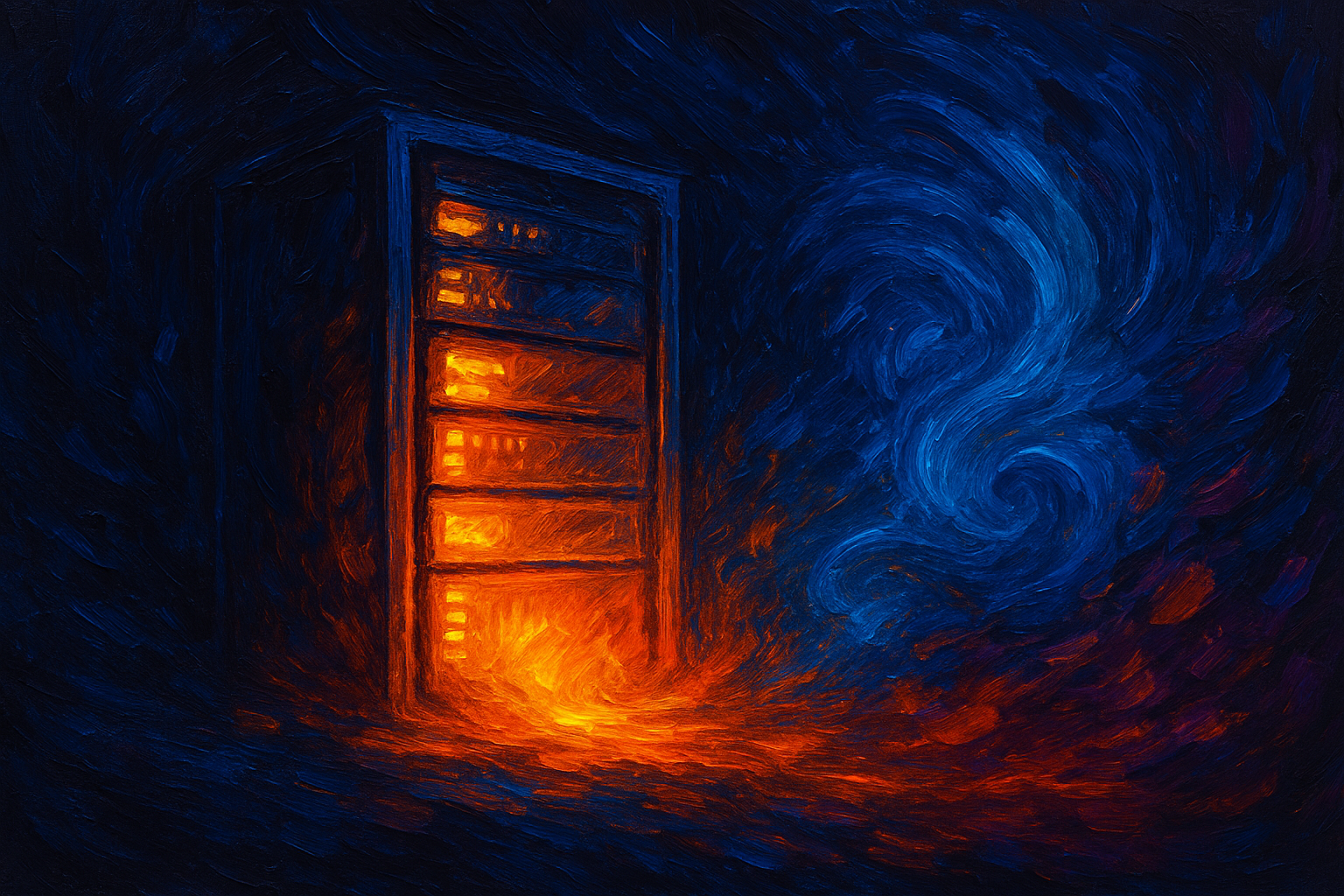















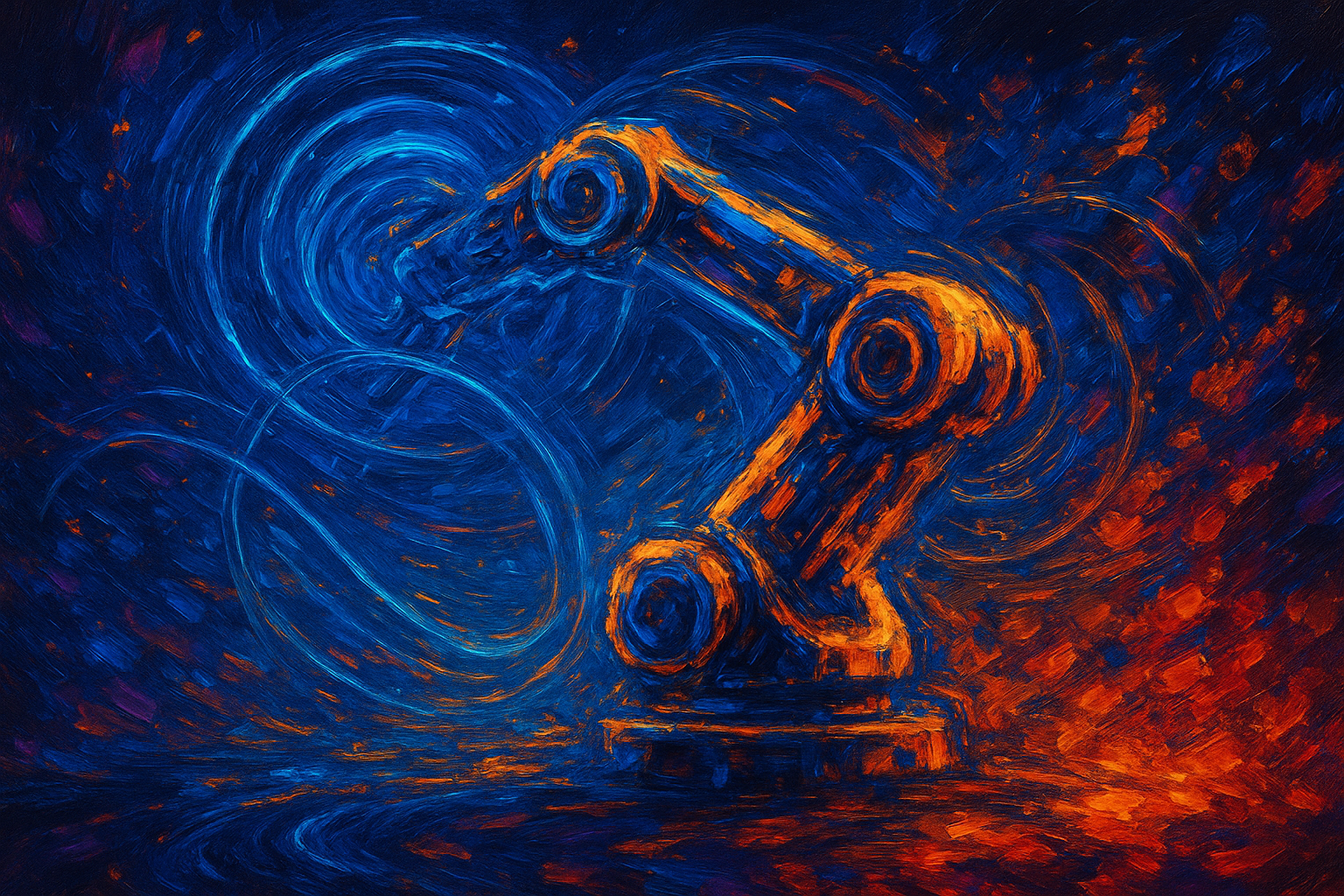


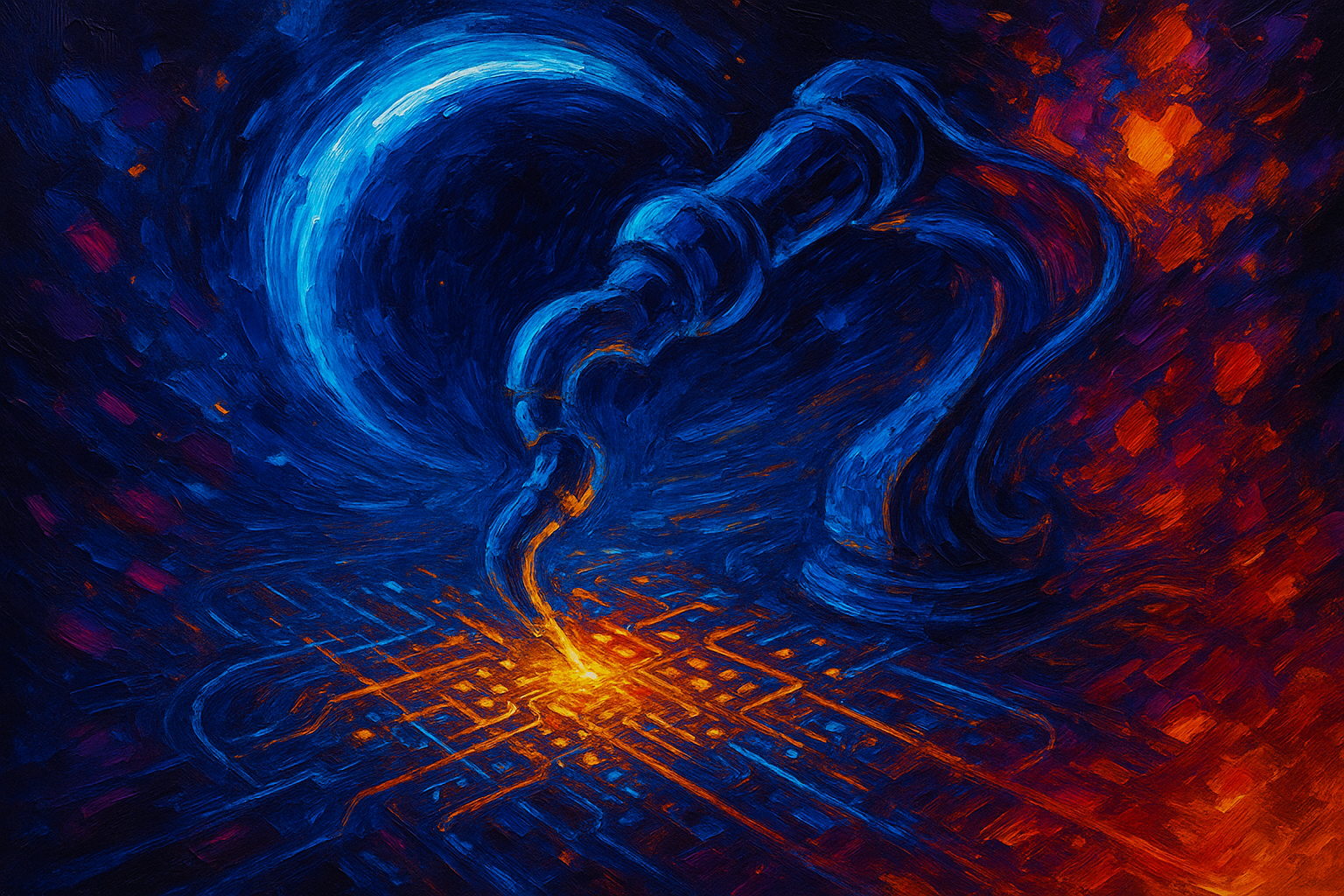



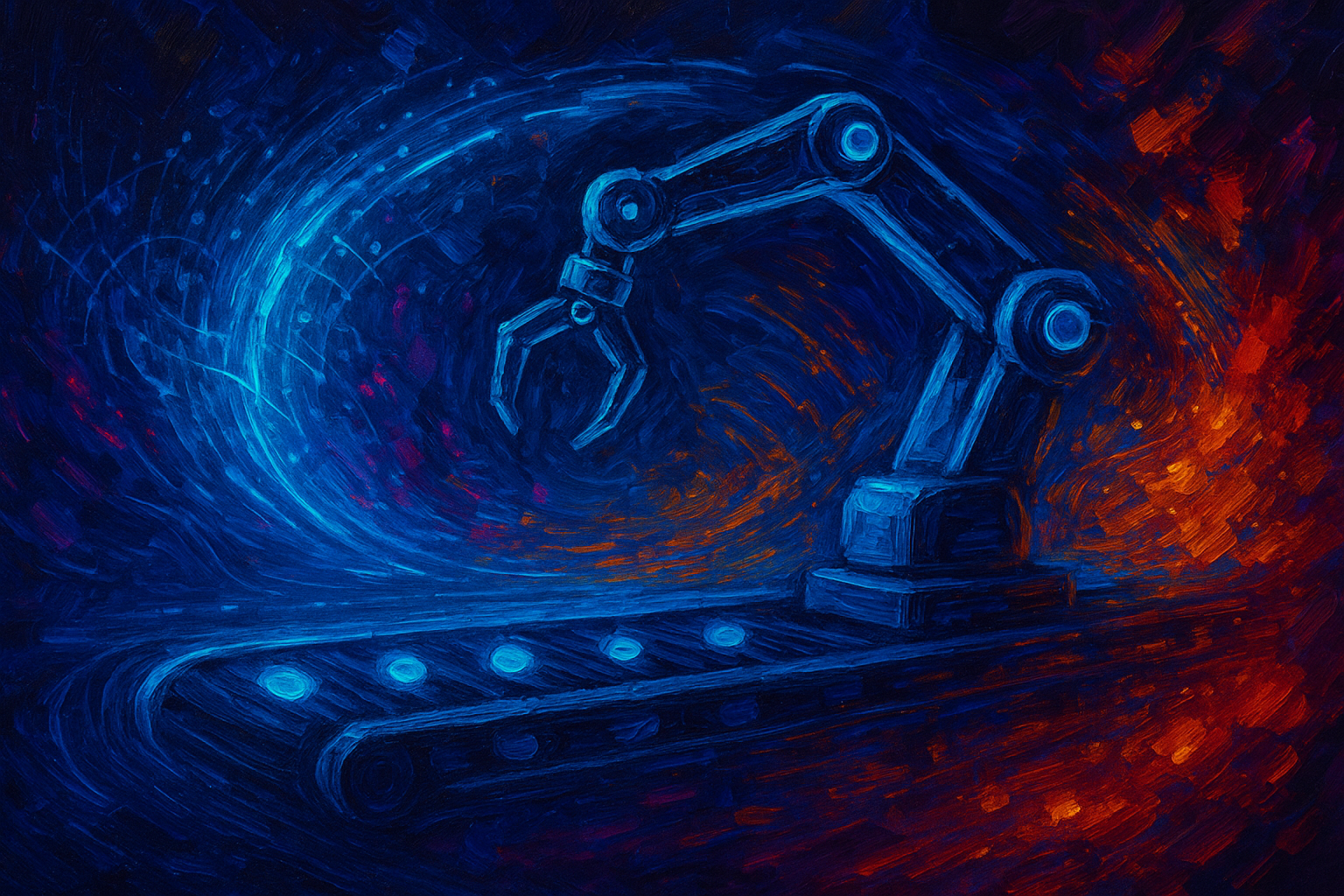











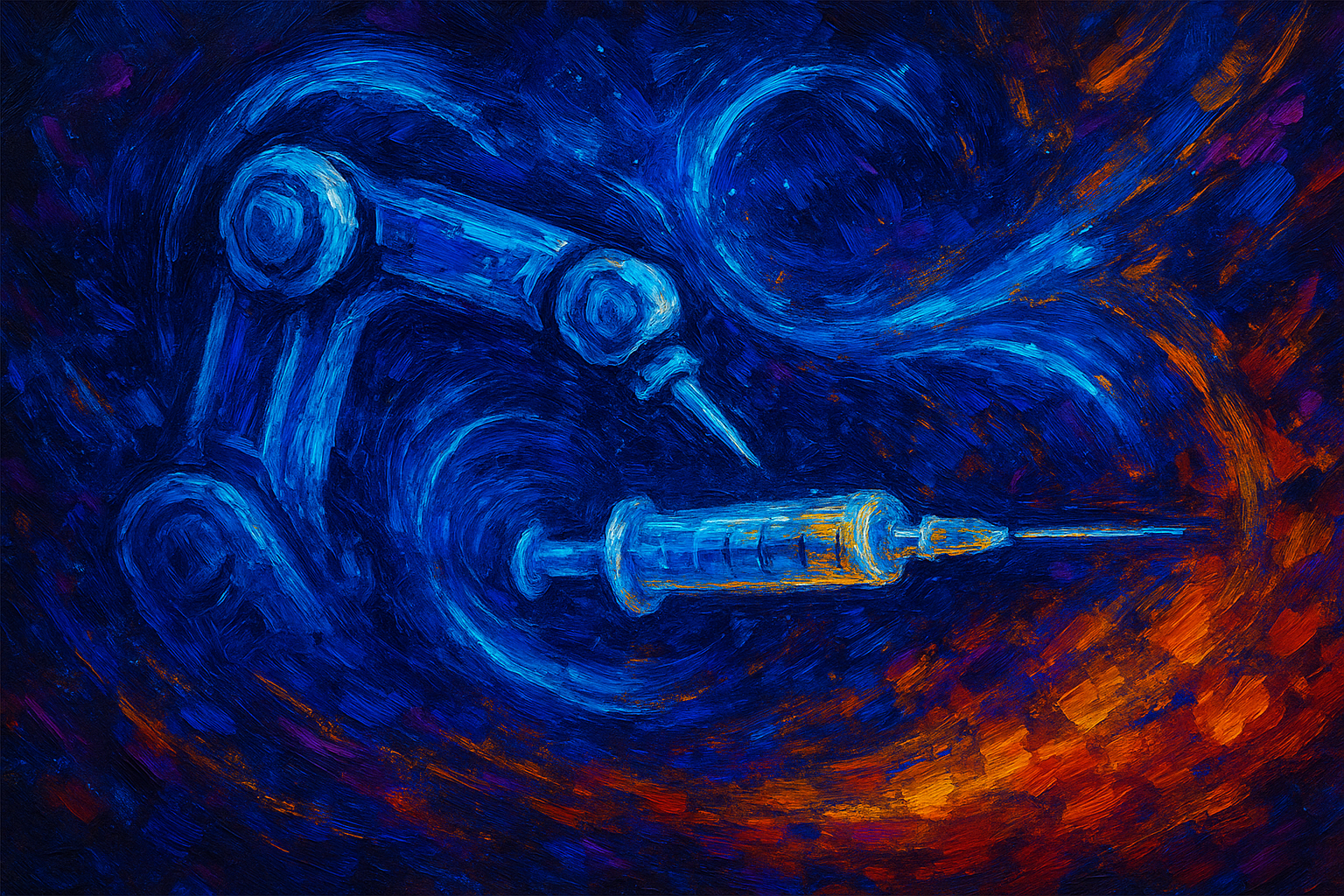



.png)



